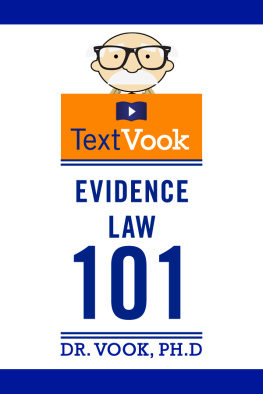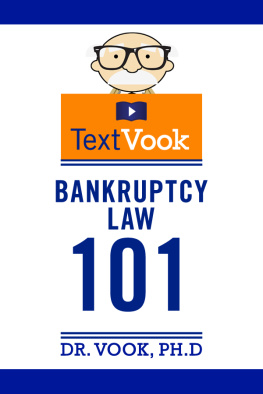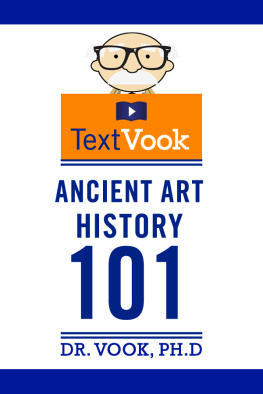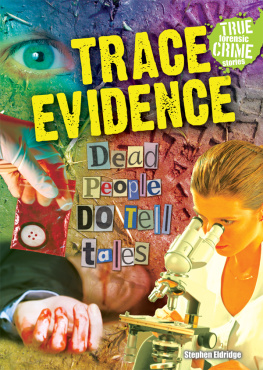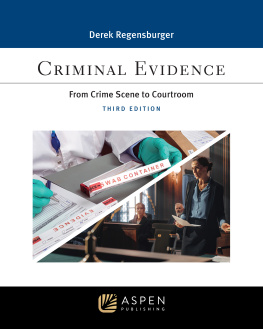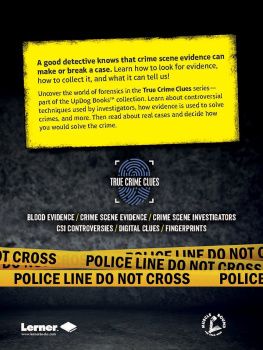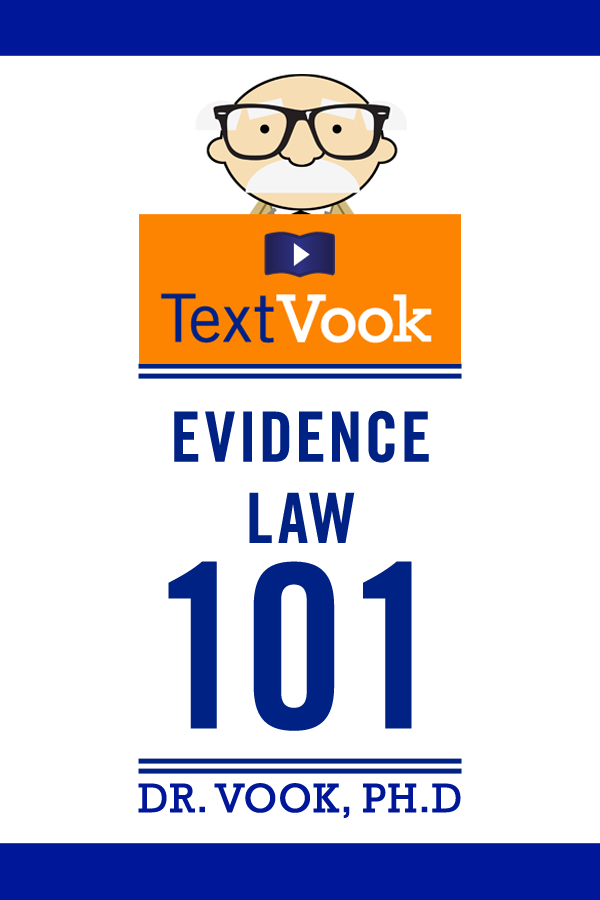Credits & Copyright
Author Profile:
Dr. Vook, Ph.D and Charles River Editors - Dr. Vook, Ph.D was a boy genius, born and raised in Brussels. Struck by a strange bolt of orange-ray lightning at the age of six, he recovered to find he understood all the information in the world. Dr. Vook is assisted by Charles River Editors, which offers clients premium writing and editing services in a diverse array of academic disciplines. Founded by Harvard Business School and MIT engineering alumni, Charles River Editors connects industry and academia's best talent with clients looking for the highest quality of original writing and editing. Charles River Editors has partnered with Vook to develop a series of academic works across a span of fields such as engineering, history, law, physics, and business management.
Web Links:
- Dr. Vook, Ph.D on Twitter
- More Info
Evidence Law 101: The TextVook
by Dr. Vook, Ph.D and Charles River Editors
In Evidence Law 101: The TextVook, Dr. Vook, Ph.D breaks the complex world of legal evidence down for you into eight easy-to-follow chapters. Youll begin your journey with an overview of evidence law and admissibility. Then youll learn all about character evidence, prior acts, and witness testimony and opinion evidence. Finally, youll learn the ins and outs of impeachment, privileged evidence, hearsay and hearsay exemptions. Tip boxes in each lesson give you fascinating facts, hints and history about each topic. As usual, Dr. Vook has got it all covered.
Copyright 2011 Vook, Inc.
Compilation copyright 2011 Vook, Inc.
Vook is a registered trademark of Vook, Inc.
Chapter 1
Admissibility of Evidence and Relevance
P eople love a good courtroom drama, whether its O.J. Simpson on national TV or Jack Nicholson screaming You cant handle the truth! on the big screen. Portrayals of the courtroom range from outlandishly humorous, like Boston Legal, to poignant, like To Kill A Mockingbird. What the television does not inform viewers is that there is an exact science to how trials and courts operate, and it all hinges on the admissibility of evidence.
Admissible if Relevant
Everyone knows what evidence is, but for evidence to hold any value, it must be admissible. If Jim tells Scott that Andrew killed Nancy, it is evidence that Andrew killed Nancy. But can Scott testify in court about what Jim told him?
The primary rule of evidence is that evidence is only admissible if it relevant. Evidence is relevant if it has any tendency to make a material fact more probable or less probable than would be the case without the evidence. While this sounds simple enough, there are several limitations on the admissibility of relevant evidence. Evidence of a persons character, reputation, habits, and opinions will often be relevant, but the admissibility of this evidence is strictly governed by the Federal Rules of Evidence, which most states rules of evidence have closely copied. The different kinds of evidence and the rules governing their admissibility form the foundations of Evidence law and are discussed throughout this Vook.
Limitations on Evidence
As we have already seen, the definition of relevance is broad. But there are general limitations on the admissibility of evidence that apply to all of the types of evidence subsequently discussed in this Vook. First, a trial court has the discretion to determine whether the probative value of the relevant evidence is substantially outweighed by unfair prejudice. One of the most common examples is a crime scene photograph. A photograph of a crime scene displaying a lot of blood or a dead body will be relevant, as proof of a murder. However, a grisly photograph will also very likely inflame the jury, who will look to hold someone responsible for what they saw. Is the photographs probative value substantially outweighed by its unfair prejudice? Does the answer change if the photograph indicates what kind of murder weapon was used? Judges across this nation face these types of issues each day.
Courts may also exclude relevant evidence if they find that its probative value is substantially outweighed by other considerations, including confusion or waste of time. Evidence may be relevant, but what if it tends to mislead the jury or sidetrack them on a relatively minor issue? The judge may choose to exclude it or admit it, and his decision, while appealable, will almost never be overturned.
Moreover, the court may exclude relevant evidence if it feels admitting it would cause undue delay or be a waste of time. For example, if the prosecution intends to have Bob, Carl and Dan all testify that they witnessed Edgar wearing a green shirt, a court may exclude Carls testimony and Dans testimony as unnecessarily cumulative and thus a waste of time, opting just to have Bob testify to the relevant fact.
DID YOU KNOW?
Insurance Policies and Settlement Offers
To bring a civil suit, the plaintiff has to assert that they have suffered harm, leading them to almost always ask for monetary damages as a remedy. But a plaintiff with insurance who incurs $50,000 in medical costs would only have to pay a fraction of that after insurance, so should they be allowed to recover the full amount? And if the defendant had offered them $20,000 to settle the claim, should that be admissible as relevant evidence indicating the defendant was liable?
Settlement offers and insurance policies are obviously relevant evidence. But they are generally inadmissible in court, because courts do not want juries taking them into account when determining liability or damages.
Chapter 2
Character Evidence
T he admissibility of character evidence is perhaps the most complex issue in Evidence law. The determination of its admissibility hinges on several factors, from the kind of trial (criminal or civil) to what the evidence is being used to prove. Further complicating things, character evidence is among the most relevant and most prejudicial kinds of evidence. Usually, character evidence is proof of a persons honest or dishonest character, their peaceful or violent disposition, or whether they are careful or careless. If a defendant is on trial for assault, what could be more prejudicial than testimony that he is a violent man with a short temper?
Exceptions to the Rule
The general rule for character evidence is that it is inadmissible, but there are various exceptions, and courts must analyze several factors. The first step is to identify the purpose the character evidence serves. For example, the prosecution cannot introduce evidence of the defendants short temper as proof he committed this particular crime, nor could it introduce evidence of a defendants past robbery as proof that he probably committed this one. However, if evidence of a persons character trait would be an essential element of the claim or defense, it can be used. If a person is accused of theft or some other dishonest offense, evidence of their honesty or dishonesty is admissible as proof for the element of dishonesty. Similarly, a conviction for a dishonest offense in the past can be used as admissible evidence as well.
Civil vs. Criminal Trial
Courts next consider whether it is a civil trial or criminal trial. In a civil trial character evidence is inadmissible unless the character trait is an element of the claim or defense. But criminal matters are different. The prosecution cannot introduce character evidence because character is never an element of a crime, but a defendant may introduce evidence of his own good character if it is relevant, including evidence of his reputation or another individuals opinion of his character. If a defendant introduces character evidence, the prosecution can respond by introducing evidence of his bad character if it is relevant, including reputation and opinion.

